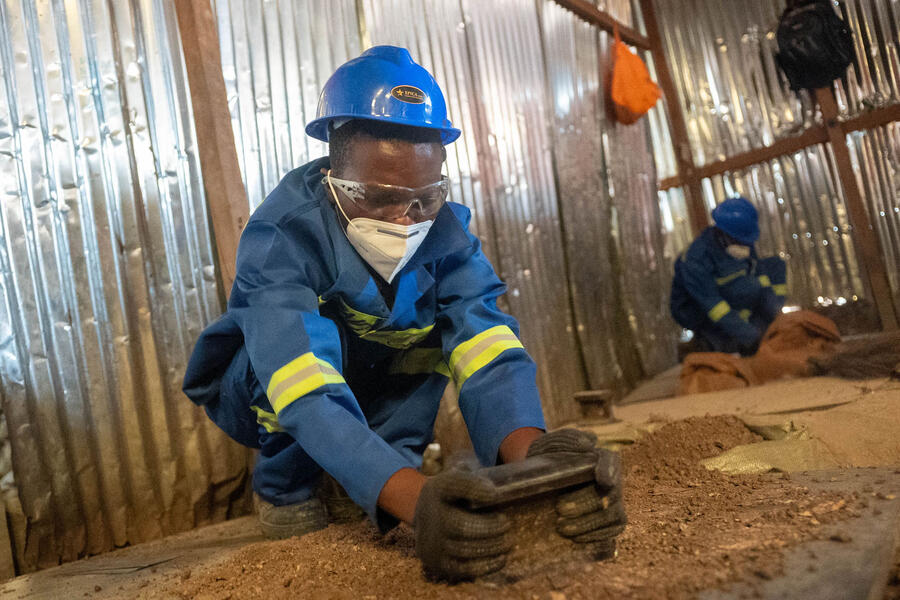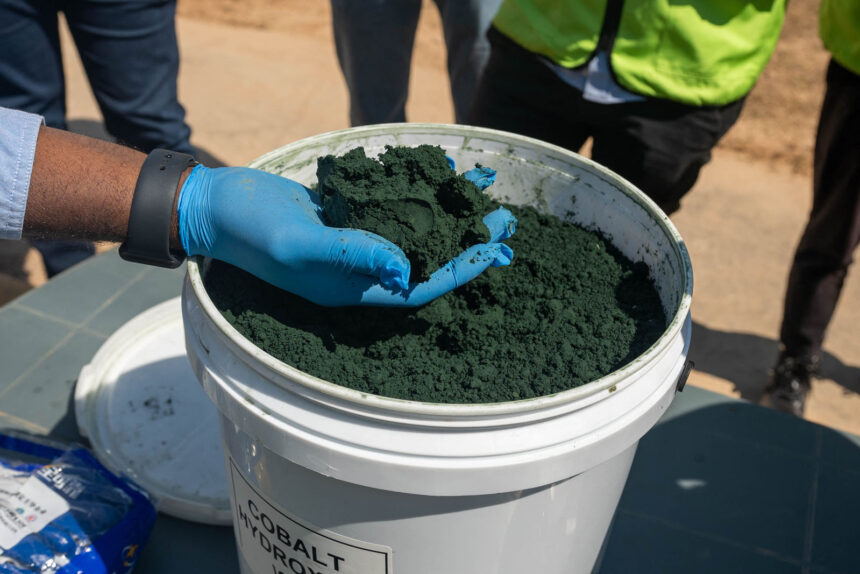The Impact of Cobalt Mining on Electric Vehicle Supply Chains
BYD and Mitsubishi have remained silent in response to recent findings regarding human rights violations in cobalt mining for electric vehicle (EV) batteries. The European Union is set to introduce a battery passport requirement for all EV batteries over 2kWh starting from February 1, 2027, in a bid to enhance supply chain visibility.
Gavin Harper, a critical materials research fellow at the University of Birmingham, emphasized the influence of the EU market on manufacturers worldwide, stating that compliance with the battery passport regulation will be crucial for those looking to sell EVs in Europe.
While some automakers like Volvo are proactively leveraging blockchain technology to trace the origin of cobalt in their supply chains, others like Mercedes and BMW are partnering with auditing firms to ensure responsible sourcing practices. Volkswagen, on the other hand, mandates its suppliers to adhere to strict mining standards.
The Dark Side of Cobalt Mining

The Democratic Republic of Congo (DRC) plays a significant role in global cobalt production, with around 70% of the world’s cobalt originating from the country. However, reports from organizations like Rights and Accountability in Development (RAID) highlight the severe impact of cobalt mining on both individuals and the environment in the region.
This revised content provides a comprehensive overview of the issues surrounding cobalt mining in the EV supply chain, incorporating key points from the original article while presenting the information in a unique and engaging manner suitable for a WordPress platform.







